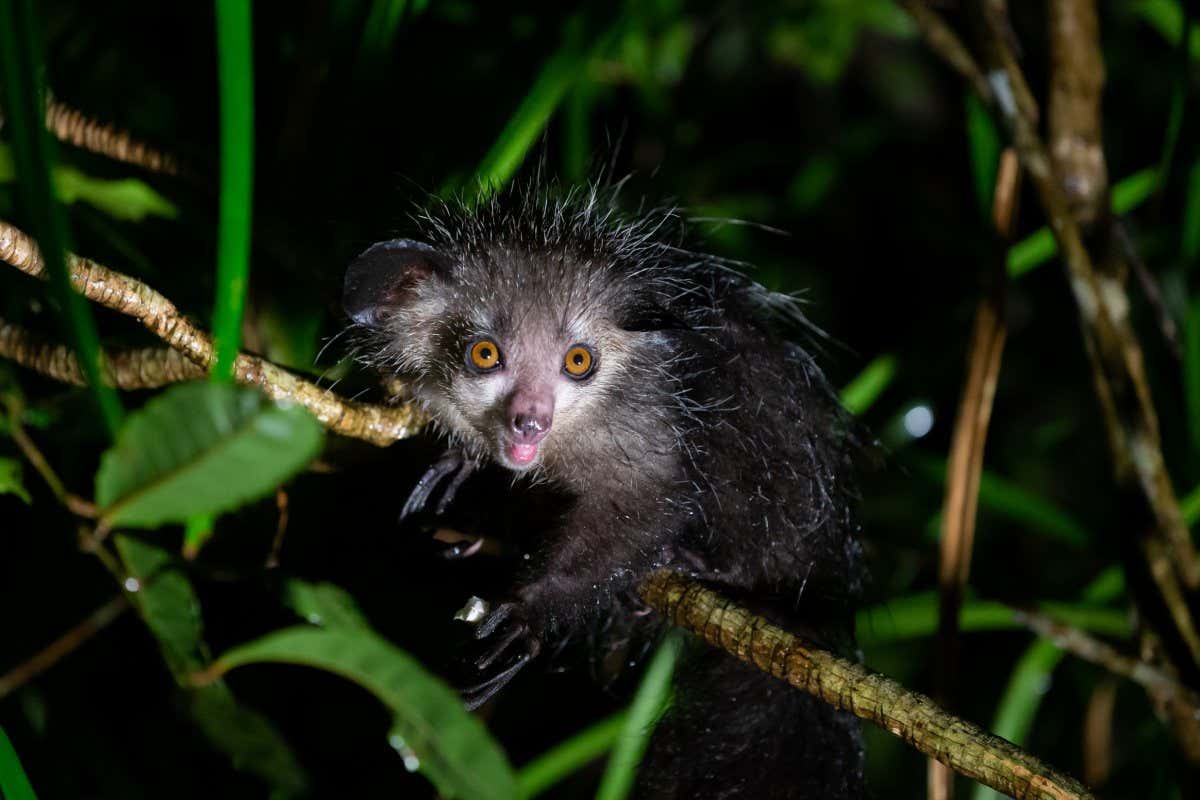Saving Aye-ayes and Possums: Urgent Action Needed
The plight of the aye-aye and the possum highlights the urgent need for conservation efforts. These unique and fascinating creatures face a growing number of threats, pushing them closer to the brink of extinction. From habitat loss to human conflict, the challenges are significant, demanding immediate and concerted action from conservationists and governments alike. This article delves into the critical situation facing these animals and explores the steps necessary to ensure their survival.
The Aye-Aye: A Primate on the Brink
The aye-aye (Daubentonia madagascariensis), a nocturnal lemur endemic to Madagascar, is a truly unique primate. Its large eyes, constantly rotating ears, and perpetually gnawing incisors give it a distinctive, almost alien appearance. Sadly, this distinctive creature is critically endangered.
- Habitat Loss: Deforestation driven by agriculture and logging is the primary threat to the aye-aye. Their forest habitats are shrinking rapidly, leaving them with less space to forage and breed.
- Superstition and Misconceptions: Local beliefs often associate the aye-aye with bad luck or witchcraft, leading to persecution and killing. This cultural perception significantly contributes to their dwindling numbers.
- Lack of Awareness: Many people are simply unaware of the aye-aye's plight or its importance to the Madagascan ecosystem. Increased education and awareness campaigns are crucial.
Possums: A Diverse Group Facing Multiple Threats
Possums, a diverse group of marsupials found primarily in Australia and surrounding islands, also face a multitude of threats depending on the specific species. While some species are thriving, others are struggling to survive.
- Habitat Degradation: Similar to the aye-aye, habitat loss due to urbanization, agriculture, and deforestation is a major factor affecting many possum populations.
- Predation: Introduced predators, such as cats and foxes, have significantly impacted possum populations in certain regions. These invasive species prey on possums, disrupting the natural balance of the ecosystem.
- Disease: Certain diseases can devastate possum populations, particularly those already weakened by habitat loss or predation.
Urgent Action: A Multi-pronged Approach
Saving these remarkable creatures requires a multifaceted approach involving:
- Habitat Protection and Restoration: Establishing protected areas and implementing reforestation projects are vital to securing their habitats. This involves working with local communities to find sustainable land management solutions.
- Community Engagement and Education: Educating local communities about the importance of these animals and dispelling harmful myths is crucial. This can be achieved through workshops, awareness campaigns, and community-based conservation programs.
- Combating Illegal Wildlife Trade: The illegal wildlife trade poses a significant threat to many species, including possums. Stricter enforcement of anti-poaching laws and international cooperation are needed to combat this issue.
- Research and Monitoring: Ongoing research is crucial to understand the specific threats facing each species and to develop effective conservation strategies. Regular monitoring of populations allows for timely intervention.
- Supporting Conservation Organizations: Many organizations are dedicated to the conservation of aye-ayes and possums. Supporting their efforts through donations and volunteering is essential.
Call to Action: Make a Difference Today
The future of the aye-aye and many possum species hangs in the balance. We cannot afford to stand idly by while these unique and irreplaceable animals disappear. By supporting conservation efforts, raising awareness, and advocating for stronger environmental policies, we can make a real difference in their survival. Learn more about organizations working to protect these animals and find ways to contribute to their conservation efforts. Every action, no matter how small, can help secure a future for these amazing creatures. Visit [link to relevant conservation organization] to learn more and get involved.

